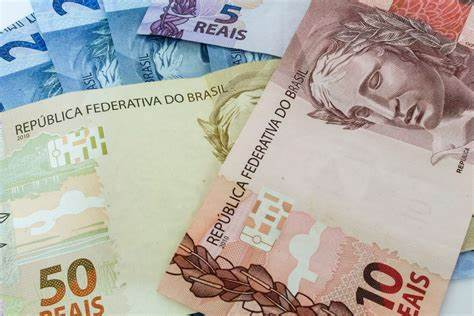Roberto Campos Neto, the head of Brazil’s central bank, stated on Friday that markets are increasingly considering the inflationary effects of the U.S. election. He noted that these effects are impacting futures for long-term interest rates.
Campos Neto said that growing market bets on Republican Donald Trump defeating Democrat Kamala Harris increased concerns about the U.S. inflation forecast. He made these remarks at an Itau event held on the sidelines of the IMF and World Bank annual meetings.
According to him, there are aspects of fiscal expansion in both US campaigns. He noted that changes in immigration policy and proposals for protectionism might also have an impact on inflation.

He called the government’s Friday announcement of lower energy tariffs in November positive news that caused many experts to alter their projections. However, he noted that the current Brazilian inflation data was somewhat worse.
In comparison to the official objective of 3% with a tolerance margin of 1.5 percentage points on either side, consumer prices reached 4.47% in the 12 months ending in mid-October.
He emphasized the possibility of such announcements after municipal elections at the end of this month and restated that the nation requires structural and constructive fiscal changes to reverse the current surge in risk premiums.
Although Brazil’s public accounts situation is not worse than that of many other nations, Campos Neto claims that a large portion of the risk premium in the yield curve is currently linked to fiscal concerns. Long-term interest rates also reflect prices that are out of line with fundamentals.
The central bank is still committed to pursuing its inflation target, according to Campos Neto.
The next policy meeting of the bank is set for November 5–6. After a 25 basis-point increase in September that brought the interest rate to 10.75%, economists anticipate an expedited rate hike of 50 basis points.
Click here for more Banking news.

